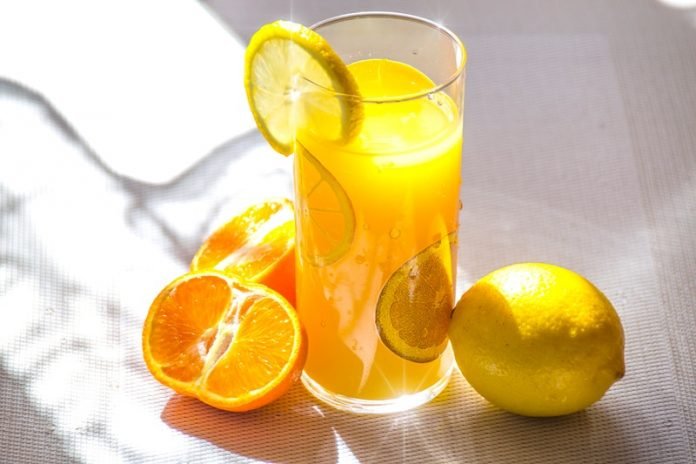
In a new review, researchers suggest that fruit Juices are just as unhealthy as sugar-sweetened beverages, which can increase people’s risk of early death.
The review was done by two researchers from Harvard University.
Surgery drinks include any drinks with added sugar or other sweeteners, such as carbonated and non-carbonated soft drinks, fruit punch, fruit juice concentrates, powdered drink mixes, and energy drinks.
They usually have 35 to 37.5 g of sugar per 12-oz serving and are the largest source of added sugars in the US diet.
Previous studies have shown that sugary drinks are linked to high risks of many health conditions, including tooth decay, weight gain, type 2 diabetes, fatty liver disease, and cardiovascular disease.
In a recent study, researchers examined if drinking fruit juice is linked to heart disease.
They examined the associations of sugary drinks and 100% fruit juices with death from coronary heart disease mortality and all causes in more than 13,000 adults in the U.S.
After 6 years of follow-up, the researchers found that people who consumed 10% or more of their daily calories from sugary beverages had a higher risk of coronary heart disease than people who consumed less than 5% of their daily calories as sugary beverages.
Moreover, with each additional 12 oz of sugary beverages or of fruit juice alone, the all-cause mortality increased.
The finding suggests that drinking fruit juice contributed to the increased risk of all-cause mortality.
In the current review, the researchers suggest that although fruit juices contain high antioxidant and bioactive substance (including vitamins, minerals, and polyphenols), the benefits may not counteract the effects of sugars on weight and type 2 diabetes.
Researchers suggest that people need to eat whole fruits to get these nutrients. Whole fruits have higher amounts of dietary fiber and more satiating effects, which can overcome the health risks of sugar.
They also suggest that coffee and tea are high in antioxidants and may benefit heart health. They should be considered as healthier options than fruit juices.
More research is required to examine the association of drinking fruit juices with the risk of heart disease and with cognitive function.
The authors of the study are Marta Guasch-Ferré and Frank B. Hu.
The study is published in JAMA Network Open.
Copyright © 2019 Knowridge Science Report. All rights reserved.



